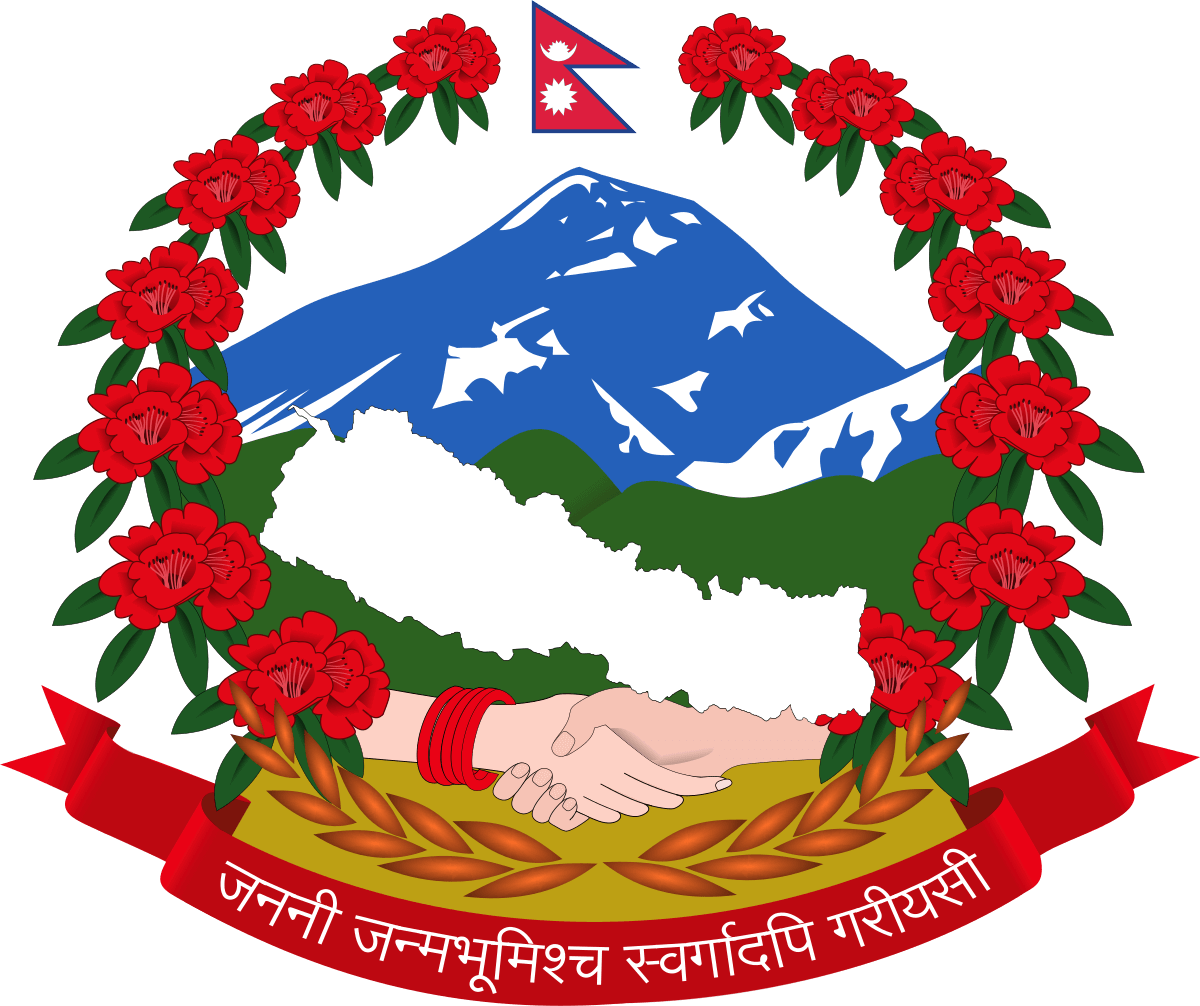Background

Due to the natural and biological condition of women, social attitudes and behaviors towards women from the past, women have not been able to get the desired return from their investments. For this, it is necessary for the home, family, community and men to assimilate the mentioned problems and emphasize on equal participation. The slogan of giving equal rights and opportunities only in principle and on paper cannot solve the problem of women.
The 1979 Convention on the Elimination of All Forms of Discrimination against Women (CEDAW) states that there should be a separate policy, institutional structure, and budget allocation to transform women's rights into practice. Recognizing this fact, the 1993 Vienna Declaration and the 1995 Beijing Declaration of the Fourth World Conference on Women recognized women's human rights as equal to men's. According to the Beijing Declaration, the government has the responsibility to strive for the welfare and advancement of women through empowered independent organizations. After that, National Women Commission Act was issued in 2063 BS and the rules of procedure of the commission were issued in 2065 BS. After the National Women Commission received constitutional recognition in 2072 BS, the scope and form of the commission have changed and the rights and duties have also been specified in the constitution. As the appointment of office bearers should be in accordance with the constitution, the commission has been continuing its pre-promulgation activities. The commission was functioning under one member who was appointed before the promulgation of the new constitution. After the promulgation of the National Women Commission Act, 2074 BS, the formerly appointed office bearers should be removed automatically and new office bearers should be appointed as per the constitution. Due to the absence of the commission, the rules, strategies, and other important functions of the women's commission have not been implemented.
Nepal's constitution aims to end gender discrimination and build an egalitarian society based on the principles of proportional inclusion and participation. Article 38 of the constitution establishes women's rights as fundamental rights. Basically formal equality, the emphasis on all forms of discrimination is emphasized. The National Commission for Women has an important role to play as it has the responsibility of acting as a regulator and a watchdog for the realization of all these rights.
The National Commission for Women has been working continuously for the empowerment of women by breaking the social, economic, cultural and political discrimination against women from the past. Considering the differences between women, caste, language, religion, gender and region and geographical and cultural differences, the National Commission for Women has been instrumental in spreading awareness about gender equality in the society, ensuring proportional representation of women in governmental and non-governmental bodies, formulating gender equality and inclusive policies. He has been advocating and advocating. In addition, the Commission has continued to monitor, inspect and investigate cases of violation of women's rights and human rights, as well as provide legal advice to marginalized and disenfranchised women, and at the request of the Commission has been providing free legal services through the Nepal Bar Association.
As Article 254 of the Constitution of Nepal provides for the National Commission for Women to open offices in the states as per the need, it has to be implemented. If the office of the commission is established in the state, the scope of work of the commission will be expanded and women from far and wide will be able to easily get the services provided by the commission. The Commission has also made preparations to implement the Third Five Year Strategic Plan to carry out its functions effectively.
The Commission as a constitutional body has a very important role to play in the overall development of women's rights and the maintenance of gender justice and all concerned are expected to fulfill that role indisputably. The National Commission for Women has been playing a leading role for the advancement of women for the past 18 years and it seems that it will continue to take the lead as a constitutional commission in the future as well.


